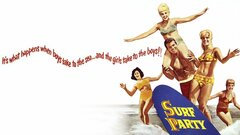Bobby Vinton

Singer • Actor
Birth Date: April 16, 1935
Age: 89 years old
Birth Place: Canonsburg, Pennsylvania
A pop crooner of lush, sentimental ballads in the 1960s and early 1970s, Bobby Vinton scored multiple hits, including several chart-topping tracks, with "Roses Are Red (My Love)," "Blue Velvet," "Mr. Lonely" and "My Melody of Love." Vinton's emotional delivery and preference for strings over rock instruments seemed to many like throwbacks to the postwar era, but while many traditional pop singers faded in the wake of the British Invasion, Vinton continued to land major hits well into the early 1970s.
His career rose even further with the 1973 release of "My Melody of Love," which featured lyrics in English and Polish, and led to a popular variety series and steady work in Las Vegas and nightclubs for the next two decades. Though his days as a hitmaker ended in the mid-1970s, his body of songs remained in the public consciousness for decades, as evidenced by their use in such popular films as "Blue Velvet" (1986) and newer tracks like Akon's "Lonely" in 2005. Though never a critical favorite, Bobby Vinton was among the most successful pop singers of the late 20th century.
The only child of Stan Vinton and his wife, Dorothy, Bobby Vinton was born Stanley Robert Vinton, Jr., in Canonsburg, PA on April 16, 1935. Vinton's father, who anglicized his Lithuanian surname, Vintula, was a popular local bandleader, and his son followed in his father's footsteps shortly after graduating from a Polish grade school. At 14, Vinton landed his first professional job as the leader of a polka band, a status earned largely due to his ability to borrow his father's instruments and music stands. His second group, a traditional big band, became so popular that Vinton's father suggested that he bill himself as Bobby Vinton to avoid confusion.
Vinton convinced the label to allow him to sing on his next single, which he reportedly found in a pile of rejected songs at the Epic offices. Initially, he recorded "Roses Are Red (My Love)" as an R&B number, but after pressing for a second version with string arrangements, he landed his first chart-topping record in 1962. Some of the single's success was due to Vinton's own aggressive advertising campaign - he purchased a thousand copies of the single and had them personally delivered to disc jockeys by an attractive young woman bearing a dozen roses - but Vinton's overripe but highly polished delivery of the song was its key selling point. Several more Top 40 singles preceded his next big hit, the mournful "Blue on Blue" (1963), which was followed by his second No. 1 song, an elegant take on the standard "Blue Velvet," which became one of Vinton's signature songs.
In 1964, many of the established traditional pop singers of the day were being displaced on the charts by a growing number of rock-and-roll performers and bands. However, Vinton was the exception to the rule. Not only did he manage to land a No. 1 song during that year with "There! I've Said It Again," but his career survived and even thrived under the weight of the British Invasion and its American counterparts. Though "I've Said It Again" was booted from the top of the charts by The Beatles' "I Want To...
...Hold Your Hand," Vinton would place three more Top 20 hits in the months that followed before achieving another chart-topping hit with "Mr. Lonely," a deeply emotional song about a soldier's heartbreak that he penned while in the Army.
Vinton's popularity led to a brief flirtation with acting in the mid-1960s; he was top-billed in "Surf Party" (1964), a low-budget knock-off of American International Pictures' popular "Beach Party" (1963), for which Vinton's agent, Allen Klein, had vigorously campaigned for Vinton as its lead. Occasional television appearances notwithstanding, Vinton's greatest success remained in the music business, where he continued to rack up Top 20 and Top 40 hits well into the late '60s, including 1965's "L-O-N-E-L-Y" (No. 22), 1967's "Coming Home Soldier" (No. 11) and "Please Love Me Forever" (No. 6), and a 1968 cover of the Paris Sisters' "I Love How You Love Me," which reached No. 9. His grip on the charts began to falter somewhat in the early 1970s, though he continued to revisit the Top 20, most notably with a 1972 cover of "Sealed with a Kiss." In 1971, he returned briefly to acting with supporting turns in a pair of late-era John Wayne Westerns, "Big Jake" (1971) and Burt Kennedy's "The Train Robbers" (1973).
Despite Vinton's consistent hits, Epic decided to drop him from their roster in 1973, believing that his kind of music had grown irrelevant in the current, rock-dominated market. Undaunted, he poured $50,000 of his own money into a recording of a German pop song called "Herzen haben keine Fenster" ("Hearts Have No Windows"), which was adapted into an English-language single called "Don't Stay Away Too Long" by the British duo Peters and Lee. Vinton's version, titled "Melody of Love," included a refrain in both English and Polish - a wrinkle inspired in part by his enduring popularity in South American and Italy, but also by a suggestion from his own mother to record something in his native tongue. The result was Vinton's highest charting track since "Mr. Lonely," reaching No. 3 on the Billboard Hot 100 and No. 1 on the Easy Listening chart. It also contributed to his nickname, "The Polish Prince," a moniker he received from Chicago Mayor Richard Daley, who reportedly arrived late to a meeting with the King of Sweden due to a dinner with Vinton. When questioned by the press about his tardiness, Daley commented that he was late for the king because he was with the Polish Prince.
Though only one of Vinton's singles after "Melody of Love" broke the Top 40 - a cover of the venerable "Beer Barrel Polka" in 1973 - he continued to reap the benefits of its success for another decade. From 1975 to 1978, he hosted his own variety series, "The Bobby Vinton Show" (CTV), which was broadcast throughout the United States. Following its demise, he scored a ratings hit with "Bobby Vinton's Rock'n'Rollers" (CBS, 1978), a one-hour special that leaned heavily on "Grease" (1978) for inspiration. He also remained a popular in Las Vegas and in clubs around the country. Vinton continued to record and tour throughout the 1980s and 1990s, maintaining a popular attraction, The Blue Velvet Theatre, in Branson, MO from 1993 to 2002.
He experienced something of a career revival in 1986 when director David Lynch named his surreal thriller "Blue Velvet" after his song, which was prominently featured in the film. Three years later, the song shot to No. 2 on the U.K. charts after it was used in a Nivea commercial. Its popularity generated a re-release of his first single, "Roses Are Red," which broke the Top 100. That same year, his son Robbie, a musician in his own right, played his father in Martin Scorsese's "Goodfellas" (1990). Over a decade later, his song "Mister Lonely" was sampled in Senegalese pop singer Akon's 2005 single "Lonely," which reached No. 4 on the U.S. charts. It also provided the title for director Harmony Korine's 2007 experimental drama of the same name.
Credits

The Best of The Ed Sullivan Show

Danna Paola, Cali y El Dandee, Lola Indigo, Denise Rosenthal: Nada; Santería

Bobby Vinton: My Elusive Dreams

My Yearbook: 1960-1963 (My Music Presents)
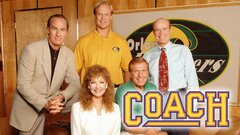
CoachStream
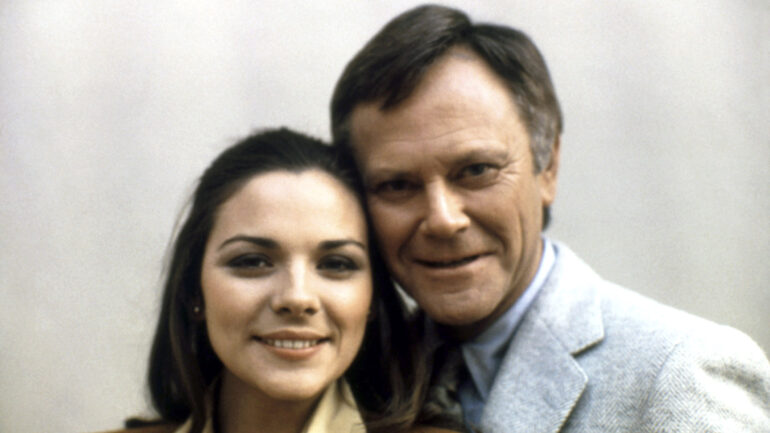
The Gossip Columnist

Bobby Vinton: Beer Barrel Polka
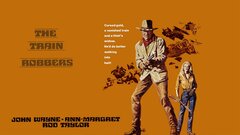
The Train RobbersStream
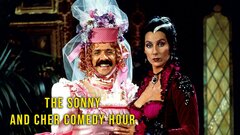
The Sonny & Cher Comedy Hour
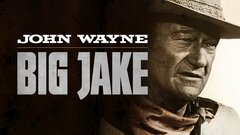
Big JakeStream

Danny Thomas Goes Country and Western
